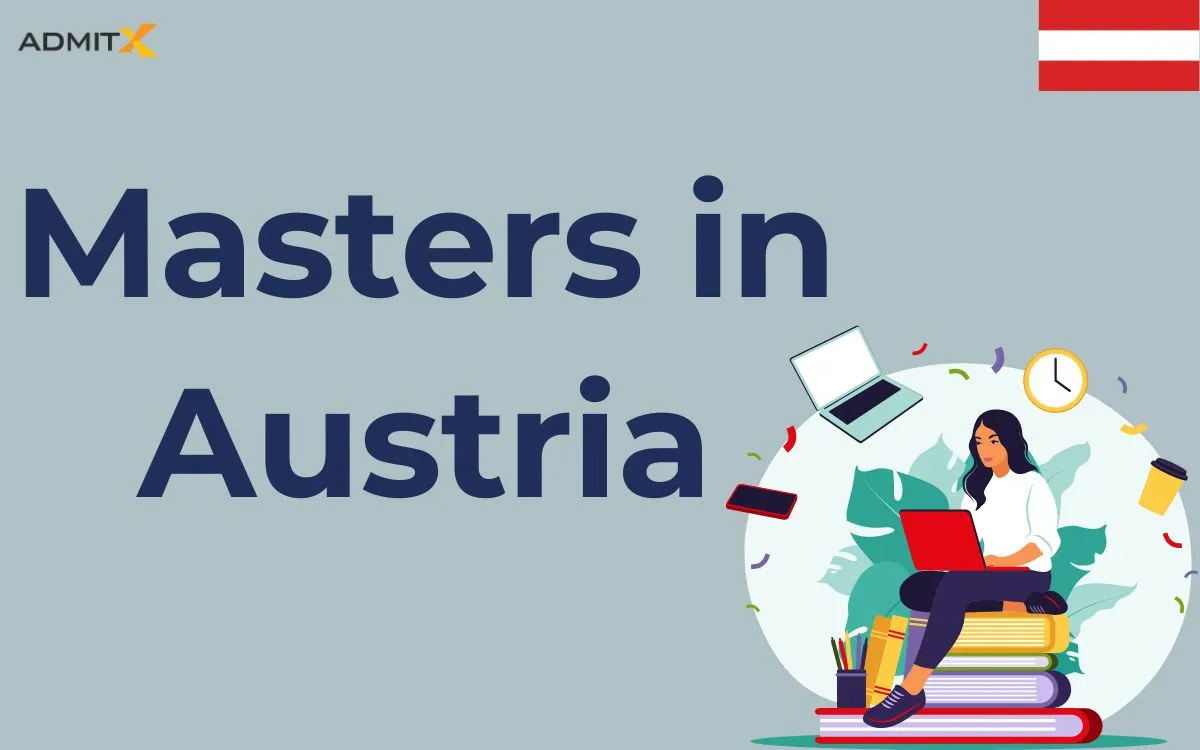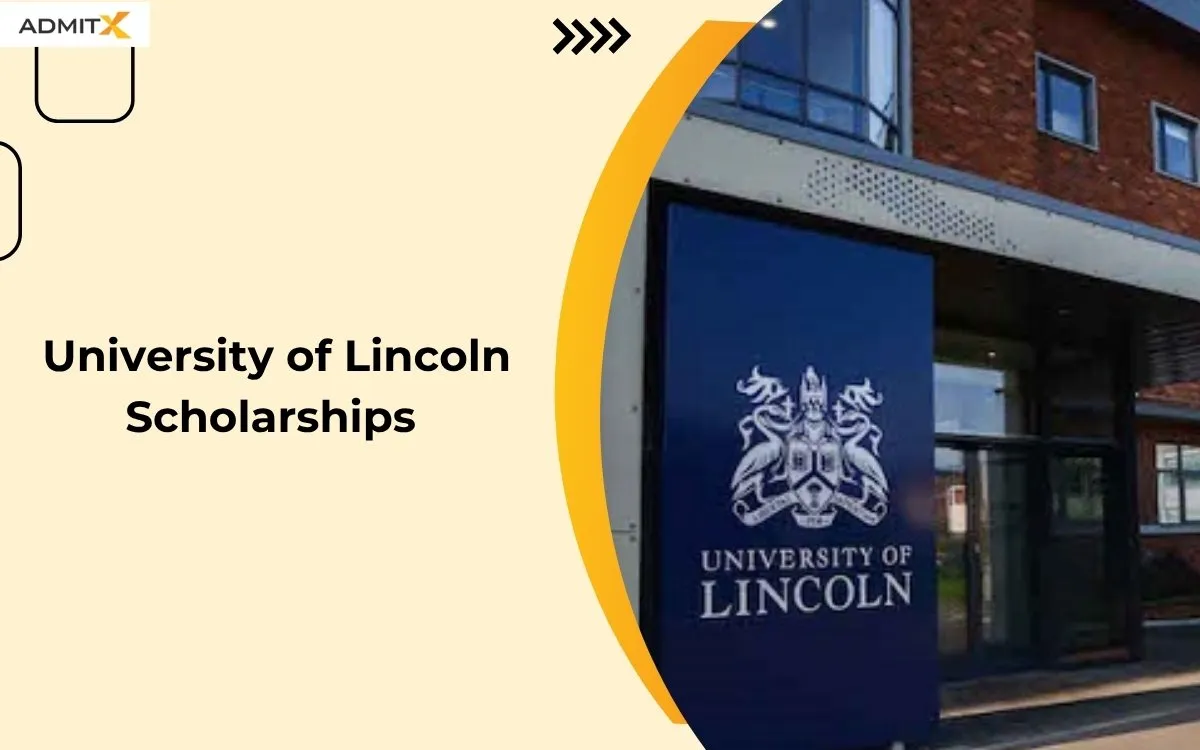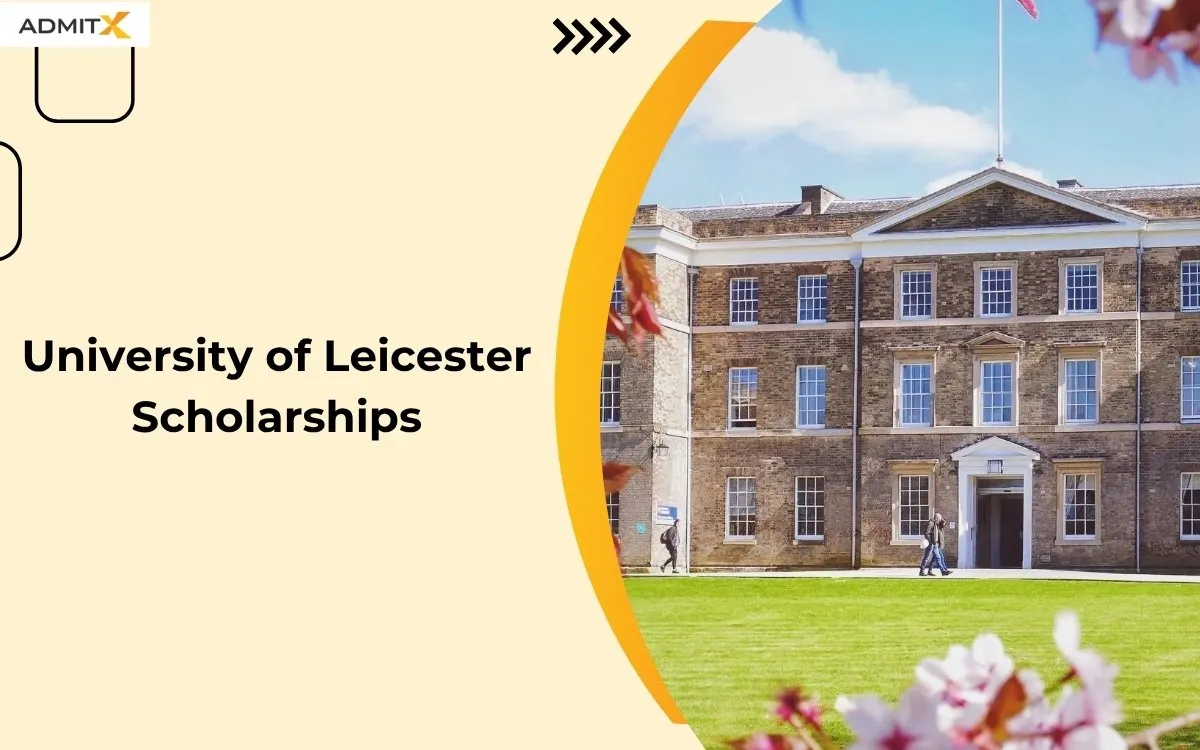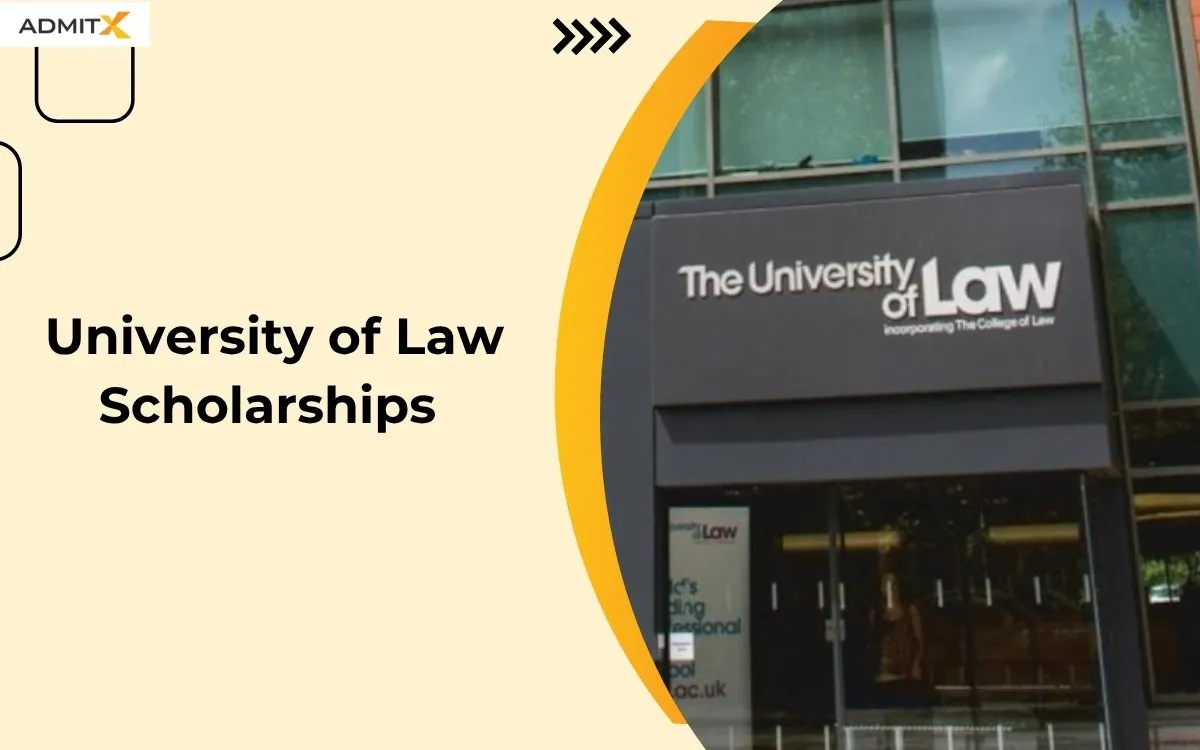
Masters in Austria: Best Universities, Courses & Career 2024
Under Masters in Austria, international students have access to a diverse range of academic courses. Austrian colleges offer cost-effective and affordable study programs that focus on qualitative education and research approaches.
The country is also famous for its beautiful landscapes and peaceful community. We have presented you with a blog that includes the top reasons to study in Austria, including the best universities, popular courses, eligibility criteria, application process, and much more.
- Masters in Austria: Top Reasons to Study
- Top Universities in Austria
- Masters in Austria: Popular Masters Courses
- Study Intakes in Colleges in Austria
- Eligibility Criteria for Masters in Austria
- Documents Checklist
- Study in Austria: Pre-Application Process for Masters
- Application Process for Masters in Austria
- Application Deadlines for Masters in Austria
- Jobs in Austria for Indian Students
- Student Visa for Austria
- Post-Study Work Visa for Indian Students
- Cost of Living in Austria
- Conclusion
- FAQs
Masters in Austria: Top Reasons to Study
Austria is a country in southern-central Europe, bordering Switzerland, Germany, Hungary, and the Czech Republic. It encompasses the enormous beauty sculpted by high mountainous ranges, a wide distribution of lush green forests, and magnificent scenery of flowing rivers.
Although the country is world-renowned for tourist attractions, it is also known for providing the best educational ecosystem.
Currently, around 80,000 international students are pursuing their studies in Austria, of which 5,000 are Indian students, making them the second largest group in the nation.
Let’s discuss some of the reasons why Indian students prefer to study in Austria.
1. Affordable Education
Austrian universities provide top-notch education and high-quality research opportunities to international students at affordable costs. For non-EU/EEA students, the tuition fees are approximately between 1450 EUR and 21,000 EUR, low compared to those of bigger European countries like the UK, France, Germany, etc.
2. Exploration of Cultural Beauty
Indian students pursuing masters in Austria often get a chance to explore the cultural and artistic beauty that has shaped the traditional history of the Austrian community for years. Austria is famous for its architectural charm and unique combination of arts, music, writing, and fashion that captivates visitors, including students.
3. Access to other parts of Europe
Austria’s unique location provides access to other European countries, which helps international students find employment in the broader area.
It also provides opportunities for Indian students to visit several European destinations for leisure, higher education and research work.
4. Opportunities to Learn German
German is Austria’s official language, an essential prerequisite for participating in the country’s working, economic, and social life. Although colleges in Austria offer most of the academic courses in German, some English-taught programs are also available for international students.
This provides sufficient reasons for students to learn German since it improves their communication skills and generates part-time job options.
5. Safe and Peaceful Environment
The local Austrian community’s attitude towards international universities is both welcoming and heartwarming, preventing homesickness and loneliness.
Top Universities in Austria
Austrian universities differ in structure and academic goals. Traditional universities like the University of Vienna and the University of Innsbruck offer a wide spectrum of academic disciplines to suit every taste.
On the other hand, the University of Applied Sciences provides technical and medical courses. The Institute of Fine Arts, for example, covers arts, music, drama, and other applied arts.
The duration of a masters in Austria is 1-2 Years, depending on the course and university.
Below, we have tabulated the list of top universities in Austria, their QS World Ranking 2024 and annual tuition fees.
| University | QS World Rankings (2024) | Tuition Fees (Per Year) |
|---|---|---|
| University of Vienna | 130 | 1,453 EUR |
| Technische Universität Wien | 184 | 21,500 EUR |
| Universität Innsbruck | 362 | 1450 EUR |
| Graz University of Technology | 421 | 1450 EUR |
| Johannes Kepler University Linz | 446 | 1450 EUR |
| University of Klagenfurt | 580 | 1452 EUR |
| Karl-Franzens-Universitaet Graz | 661 | 1452 EUR |
| Paris Lodron University of Salzburg | 681 | 1498 EUR |
Masters in Austria: Popular Masters Courses
The Austrian higher education system distinguishes between universities and universities of applied sciences (Fachhochschulen or FH). Universities of applied sciences might charge higher fees.
Private universities often have higher tuition fees than their public counterparts.
Below, we have mentioned some of the most popular academic courses and subjects international students prefer to study in Austria.
- Artificial Intelligence
- Arts, Music & Drama
- Biotechnology
- Business Management
- Communication Studies
- Computer Science
- Data Science
- Economics
- Engineering & Technology
- International Business
- Medical and Health Care Sciences
- Natural Sciences
Study Intakes in Colleges in Austria
The academic year in top universities in Austria begins in October every year and ends on September 30th of the following year.
Austrian universities follow a two-semester system: the winter semester commences in October, and the summer semester begins in March or April of the following year. The application deadlines vary across universities and courses.
| Semester | Intake month | Application Cycle |
|---|---|---|
| Winter | October | May/June-September/October |
| Summer | March-April | November/December-February/March |
Eligibility Criteria for Masters in Austria
Below are the general guidelines for pursuing an MS in Austria. They may vary depending on the course and the university/applied university.
International students must have completed a minimum three-year relevant bachelor’s degree (or at least six semesters) relevant bachelor’s degree.
Academic Proficiency:
- A minimum CGPA of 6.5-8.0 is required on a scale of 1-10.
- A minimum GPA of 60-75% is also accepted.
- As per Austrian standards, the minimum GPA should be 2.5-3.5 (out of 5) to become eligible for admission to master courses.
- Specific subject-related knowledge and skills are required.
- International students must qualify for the entrance test conducted by the University of Applied Sciences, medical universities and the University of Arts.
English Proficiency: Indian students applying for masters courses must have the following English language proficiency. English language proficiency may differ from university to university.
- TOEFL iBT: A minimum score of 80-90
- IELTS: A minimum average of 6.0-6.5 or equivalent
German Proficiency: Some of the colleges in Austria require proficiency in the German language for granting admission to their courses. International students must earn German proficiency equivalent to level B2 in such cases.
German proficiency can be earned by attending university preparation programs before starting regular study programs.
Also read – MBA in Ireland
Documents Checklist
The documents required for a Masters in Austria vary by course or program.
However, some standard documents include:
- Completed University Application
- All Previous Academic Transcripts and documents
- Passport-size photo
- Score certificates for language proficiency tests like TOEFL/IELTS/PTE/Certificate of Proficiency in English (CPE)
- Score certificates for standardised tests like GMAT/GRE, etc. (if required)
- 2-3 Letters of Recommendation
- 1-2 Statement of Purpose
- CV/Resume
- Work Experience certificate (if required)
- Non-refundable application fee (if applicable)
- Health Insurance
- Criminal background check certificate
- You must show evidence that you have the money to fund your stay in Austria (for students aged under 24, €672.64/month, i.e., 60,000 INR/month and students aged more than 24, €1,217.96/month, i.e. 1.10 Lakh/month)
Study in Austria: Pre-Application Process for Masters
- Before proceeding with the application, overview all the necessary details by visiting the university website, including course description, duration, tuition fees, career scopes, specific eligibility criteria, etc.
- It is advisable to shortlist 5-6 universities based on the parameters that fulfil your criteria, such as course requirements, expected tuition fees, etc.
- Complete the required details on their portal, such as personal and academic details and scanned copies of the required documents.
- Pay the enrollment fees (if required).
- Check your email to receive enrollment and fees receipts.
- Stay in touch with the university’s responses.
Application Process for Masters in Austria
Unlike other European countries, Austria has no centralized application portal to apply for Masters courses. Colleges in Austria have portals where international applicants can apply by uploading the required details, digitally scanned copies of documents and application fees (if needed).
The application fees can range upto 50 Euros or INR 4,500.
Application Deadlines for Masters in Austria
- The academic year in Austria begins on 1 October (winter semester), and the summer semester starts on 1 March. However, Public universities mainly offer masters courses in the winter semester.
- At public universities in Austria, non-EU/EEA applicants must usually apply for masters by July, whereas the same can vary in UAS from March to June/July.
- Private universities in Austria have their key dates and allot seats on a rolling basis until all vacancies are filled.
Jobs in Austria for Indian Students
Below, we have tabulated the popular industries in Austria along with their top recruiters and the average salary that they offer to international students after completing a Masters in Austria
The average salary may depend on several factors like age, experience, employer, locality, etc.
| Top Industries | Recruiters | Average Salary (Per Year) |
|---|---|---|
| Artificial Intelligence | Oracle Intel Nvidia | 65,000-150,000 EUR (INR 36-77 Lakh) |
| Business Management | Bain & Company Deloitte KPMG McKinsey & Company | 48,000-111,000 EUR (INR 60-85 Lakh) |
| Engineering & Technology | Accenture AVL ANDRITZ Bitpanda | 66,500-95,000 EUR (INR 43-70 Lakh) |
| Healthcare Sciences | Abbott Labcorp Fortrea Cleveland Hospital | 40,000-120,000 EUR (INR 30-87 Lakh) |
| Media & Communication | Sky ABC Slide Inc New Work SE | 47,000-80,000 EUR (INR 47-72 Lakh) |
Student Visa for Austria
For study in Austria, Indian students must apply for a student resident permit at least 6 months before the commencement of the academic program.
Since the duration of the masters courses is more than six months, they are required to apply for Visa D to enter the country.
The entry visa or Visa D application process can be completed at the local embassy or consulate in the home country.
Indian students can visit the Embassy of Austria in New Delhi to apply for an entry visa.
Application for Student Residence Permit
Indian students must apply for a student resident permit for Austria as soon as they receive an acceptance letter from the university or the University of Applied Sciences. Student residence permits grant a stay to international students in Austria for higher studies that lead to completing a master’s degree.
Application Process
Indian students can apply for a student residence permit and Visa D together by visiting the local Austrian embassy.
Application Cost
The application fee for the student residence permit is 120 EUR or INR 10,870.
Requirements
- Letter of acceptance from the educational institution
- Travel document
- Passport size photograph
- Proof of sufficient financial means to cover the living costs:
- Students under 24 years of age: EUR 672.64/month or INR 60,872/month
- Students as of the age of 24: EUR 1,217.96/month or INR 1.10 Lakh/month
- Students must provide additional funds if accommodation costs exceed EUR 359.72/month or INR 32,519/month.
- Sufficient funds for the necessary health insurance.
- Evidence of origin of funds
- Bank Statement (last six months)
- Health Insurance to cover medical and pharmaceutical expenses
- English language requirements
- Passport
- Photocopies of all the original documents
Post-Study Work Visa for Indian Students
- Indian students who have completed masters in Austria do not need to apply for a residence permit separately. They can apply for an extended licence based on a degree before their student permit expires to stay in Austria for another 12 months.
- In these 12 months, they can search for jobs and apply for them. When they receive a job offer, the employer will apply for ‘Red-White-Red cards for graduates’, which will grant them to stay in the country for another two years to sustain themselves in the job market.
- After the expiry of the Red-White-Red card, graduates can extend their duration by applying for a ‘Red-White-Red card plus’.
- To extend their student residence permit by 12 months to search for a job, students must show evidence of funds (as mentioned in the student visa checklist), health insurance, and accommodation.
Application Process
Indian graduates can apply for an extended study visa and, later on, a Red-White-Red card at the local migration office in Austria.
Application Cost
The application fee for the Red-White-Red card is 160 EUR or INR 14,493.
Requirements
- Application Form
- Passport
- Job offer letter
- University documents and transcripts
- Declaration of the employer (“Arbeitgebererklärung”)
- Residence registration (“Meldezettel”)
Cost of Living in Austria
The cost of living in Austria per month can depend on city, region, and lifestyle preferences. Approx 900-1500 Euros or INR 81,000-13 Lakh per month is needed to maintain the living standards in Austria. Tuition fees for pursuing courses should also be considered separately.
Below is the table that showcases the general breakdown of the cost of living in Austria for Indian students.
| Expenses | Estimated Expenses (per month) |
|---|---|
| Accommodation | 850-1000 Euros (INR 76,000-90,000) |
| Food | 80-250 Euros (INR 7,000-22,000) |
| Transportation | 50-120 Euros (INR 4000-10,000) |
| Amusement/Leisure | 150-200 Euros (INR 13,000-18,000) |
| Utilities Bills (Electricity, Water, Phone bills, etc.) | 300-350 Euros (INR 27,000-31,000) |
Conclusion
Pursuing Masters in Austria offers a unique perspective to Indian students as they are exposed to a unique blend of academic excellence and cultural diversity, which prepares them to tackle real-world challenges.
Austrian universities offer more than 500 academic programs to international students in fields such as STEM, arts and culture, Natural Sciences, Business Management, etc.
Indian students get several employment opportunities after finishing their studies at attractive salary packages.
FAQs
What are the differences between private and public universities in Austria?
Public universities in Austria provide affordable, high-quality education. They are also well-regarded for their teaching and research contributions. Private universities offer students more attentive and specialised attention.
Is it necessary to learn German to study in Austria?
Most of the masters courses in Austrian universities are available in German since it is the first language of the country. However, courses are available in English, too, for which German proficiency is not required.
What is the cost of study in Austria?
As an overseas applicant, you must pay the tuition fees, ranging from EUR 1,450 to 21,000/year. Along with this, there are some administrative fees are also included separately.
You have the option to waive your tuition fees, either partially or entirely, depending on the university, by applying for scholarship programs.
If you are an aspirant looking to study at your dream university, book an appointment with AdmitX today and start your applications early to avail yourself of all the benefits.









